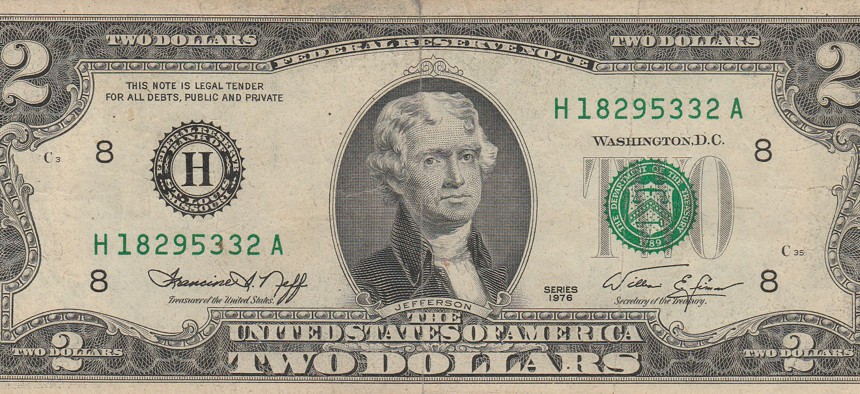
Wikimedia Commons
The Two Most Hated Provisions in Government Retirement
Nobody likes policies that reduce their benefits.
These days, I don’t get as many questions about the Windfall Elimination Provision or the Government Pension Offset as I used to. That’s mostly because the majority of federal employees currently on the job are covered under the Federal Employees Retirement System, which is generally not affected by these provisions.
Here’s the issue with the WEP and the GPO. Some federal employees (mostly those under the Civil Service Retirement System) and state and local government workers may be eligible for pensions that are based on earnings not covered by Social Security. If you didn't pay Social Security taxes on your government earnings during your career, and you’re eligible for Social Security benefits, the formula used to figure your benefit amount may be modified, giving you a lower benefit.
Here are a few yes or no questions to help you determine if you’ll be affected by either the WEP or the GPO:
Do you receive or will you receive a pension from work that was not covered by Social Security tax withholding?
If yes, you may be affected by the WEP and the GPO. An example would be an employee covered by CSRS or a FERS employee who transferred from CSRS to FERS. CSRS coverage, by law, was exempt from paying Social Security taxes. On the state level, many teachers are affected because they work under a state retirement plan and may not be subject to Social Security tax withholding.
If no, these provisions will not reduce your entitlement to Social Security. Federal employees covered under FERS and CSRS Offset pay Social Security taxes.
Are you married to someone who receives a pension from work not covered by Social Security?
If yes, your spouse may receive a reduced Social Security retirement benefit if they have fewer than 30 years of substantial Social Security-covered employment during their career. You can find a table that lists the amount of substantial earnings for each year at the bottom of the second page of Social Security’s WEP fact sheet. Due to the GPO, your spouse may also receive a reduced spouse or widow’s benefit based on your Social Security record that often eliminates their entitlement to these benefits.
Your own earned Social Security benefit will not be affected by the WEP since you didn’t earn the government pension from work not covered by Social Security. Your entitlement to a survivor’s annuity will not be reduced by the GPO since you’re not the spouse who earned the government pension from work not covered by Social Security. If you survive your spouse, your widow’s benefit will not be reduced due to the WEP, which means you could receive a higher Social Security benefit from your spouse’s work record than they were entitled to receive while they were alive.
If the answer to the above question is no, the WEP and GPO should not affect you as long as neither you nor your spouse receive a pension from work not covered by Social Security.
Do you have 30 or more years of substantial earnings covered by Social Security?
If yes, you will be exempt from the WEP even if you are receiving a pension from work not covered by Social Security.
If no, you may be affected by the WEP if you are receiving a pension from work not covered by Social Security.
Are you retiring or retired under CSRS Offset?
If yes, you may be exempt or partially exempt from the WEP based on the number of years of substantial wages covered by Social Security you have completed. You may also be exempt from the GPO, since you may have paid Social Security taxes on your earnings during your last 60 months of government service. (Under certain conditions, Social Security requires fewer than 60 months for people whose last day of employment falls after June 30, 2004, and before March 2, 2009.)
If no, then this question is not applicable to you.
There have been many legislative efforts to to reduce or eliminate the WEP and the GPO for many years, but none have been enacted into law. Several bills have been introduced in the 116th Congress to modify these provisions.







